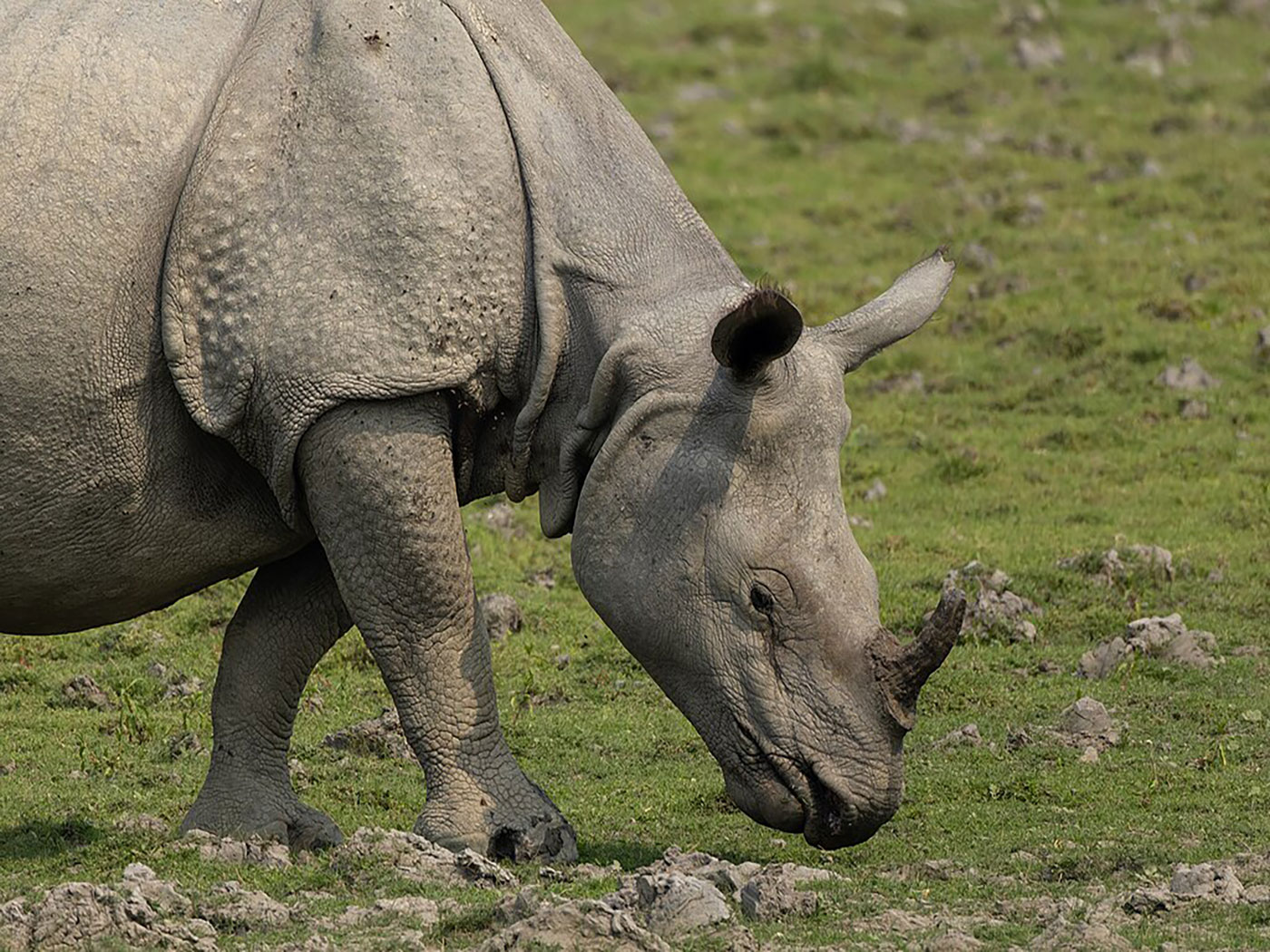Ants seem to cover the globe. The success of any ant colony depends on the inherent capabilities of its many working members. One of the capabilities of harvester ants relies on an algorithm that governs their foraging frequency. It happens to parallel an internet data management algorithm.
Harvester ants forage for seeds, with each ant carrying one seed at a time back to its colony. If too many ants are out harvesting seeds, ant resources are wasted, and the colony could receive a glut of produce that would create traffic jams and food overstocking issues. That could spell ant disaster. On the other hand, the whole colony starves if they fail to bring in enough seed for food. How do ants keep such tight regulation on this critical task? Researchers were also curious about how harvester ants accomplish this with no central administration.
The answer is that each ant carries its own understanding. By experimenting with harvester ants, biologists determined that when ants return with food more slowly, then more of them know to leave the colony to go foraging. Also, when ants return in large numbers, quickly filling the coffers, fewer go foraging.
Now, biologists and engineers from Stanford partnered together to find that an algorithm commonly used to regulate web traffic and other data streams closely matches that which harvester ants use to regulate harvesting traffic. They published their results in the online journal PLoS Computational Biology.1
They figured that the algorithm in ant brains uses four variables. One describes the rate of outgoing foragers, another describes the amount that the rate increases with each returning ant, and another describes the amount that the rate decreases with each outgoing ant. The study authors related these parameters using two formulae:
- an = max(an-1-qDn-1+cAn-d,a), a0 = 0
- Dn~Poisson (an)
Who knew ants were so wise?
And of course, harvester ants know so much more. For example, they know what temperature range is healthy for them to forage. They go deep underground during very hot times in the deserts of the Western United States where many of them live. On sunny days, harvester ants usually cease foraging by 11a.m. and restart when temperatures drop to 118-125°F.2 This means that ants have internal thermometers and that those thermometers communicate with their decision centers.
Clearly, ants do not go to school. Thus, they must have been given their wisdom from a source outside themselves.3
References
- Prabhakar, B., K. N. Dektar, and D. M. Gordon. The Regulation of Ant Colony Foraging Activity without Spatial Information. PLoS Computational Biology. 8 (8): e1002670.
- Moody, J.V. and D.E. Foster. 1979. Notes on the Bionomics and Nest Structure of Pogonomyrmex maricopa(Hymenoptera: Formicidae). In Genoways, H.H. and R.J. Baker, eds. 1979. National Park Service Proceedings and Transactions Series. Biological Investigations in the Guadalupe Mountains National Park, Texas. 4: 115-121.
- Thomas, B. Ant Algorithms Argue against Evolutionary Origins. ICR News. Posted on icr.org, February 17, 2009, accessed September 5, 2012.
* Mr. Thomas is Science Writer at the Institute for Creation Research.
Article posted on September 14, 2012.













